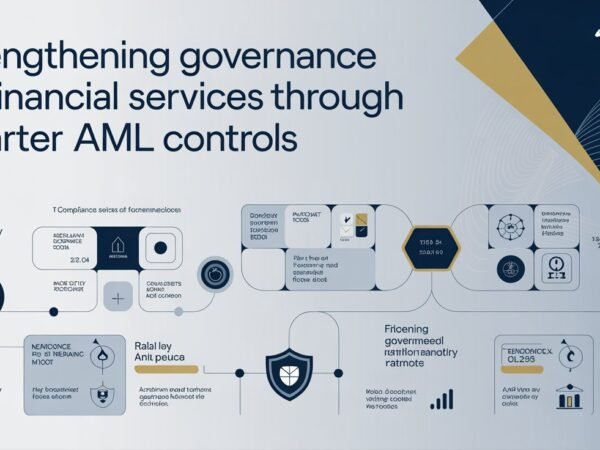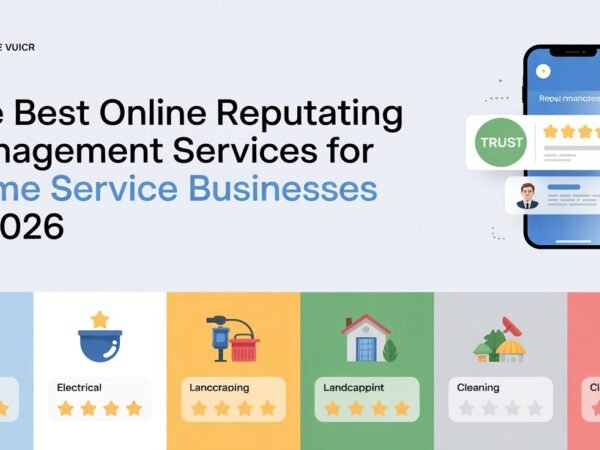Fleet owners face a constant challenge of managing operational costs while maintaining efficiency. With fuel prices fluctuating, vehicle maintenance expenses rising, and regulatory pressures increasing, finding ways to cut costs without compromising service quality is essential. Implementing cost-saving strategies is not only critical for profitability but also for ensuring long-term business sustainability. Fortunately, there are several actionable steps that fleet owners can take to minimize expenses and improve overall operational efficiency. By focusing on key areas such as fuel management, maintenance practices, and driver behavior, fleet owners can achieve significant reductions in operating costs while continuing to deliver top-notch service.
Optimize Fuel Efficiency
Fuel is one of the largest expenses for fleet owners, making it essential to optimize fuel efficiency wherever possible. Implementing fuel management systems allows for real-time monitoring of fuel consumption, helping to identify inefficiencies or waste. Regularly scheduled maintenance, such as checking tire pressure and engine tuning, can also improve fuel economy. Additionally, adopting fuel-saving driving techniques, like reducing idling time and encouraging steady speeds, can have a significant impact on fuel usage. Fleet owners may also consider switching to more fuel-efficient vehicles or exploring alternative fuels like compressed natural gas (CNG) or electric vehicles (EVs). By adopting these strategies, fleets can cut fuel costs and reduce their environmental impact, leading to both financial and sustainability benefits.
Implement Predictive Maintenance
Predictive maintenance is a proactive strategy that uses data from telematics and vehicle sensors to anticipate when a vehicle will need service. Rather than relying on traditional scheduled maintenance, which can result in over-maintenance or unexpected breakdowns, predictive maintenance ensures that repairs and servicing occur only when necessary. This approach helps prevent costly vehicle downtime and emergency repairs, as well as prolong the lifespan of fleet vehicles. By investing in predictive maintenance technology, fleet owners can keep their vehicles running smoothly while minimizing repair costs and reducing the risk of unexpected failures that can disrupt operations.
Optimize Route Planning
Optimizing route planning can dramatically reduce operational costs by improving fuel efficiency, reducing wear and tear on vehicles, and minimizing driver hours. Advanced route optimization software takes into account real-time traffic data, weather conditions, and road closures, allowing fleet managers to plan the most efficient routes for deliveries and services. By minimizing the number of miles traveled and avoiding congested areas, fleets can save fuel and reduce the overall time spent on the road. Additionally, better route planning reduces the likelihood of delays, helping to improve customer satisfaction and ensuring that vehicles are used as efficiently as possible.
Invest in Driver Training
Driver behavior plays a crucial role in operating costs, as unsafe or inefficient driving practices can lead to increased fuel consumption, higher accident rates, and more frequent vehicle repairs. Investing in comprehensive driver training programs can help fleet owners address these issues. Training can focus on promoting fuel-efficient driving techniques, such as smooth acceleration and braking, as well as proper vehicle handling to reduce wear and tear. Moreover, teaching defensive driving skills can help reduce the risk of accidents, which often result in costly repairs and insurance claims. Fleet owners who prioritize driver education will likely see improvements in both vehicle performance and safety, contributing to overall cost savings.
Use Telematics to Track and Analyze Fleet Performance
Telematics systems provide fleet owners with invaluable data on vehicle performance, driver behavior, and route efficiency. By tracking key metrics such as fuel consumption, idle time, speed, and maintenance needs, telematics can help fleet managers identify inefficiencies and areas for improvement. For example, if telematics data reveals that certain drivers frequently engage in aggressive driving behaviors, targeted training can be implemented to address the issue. Additionally, telematics can help fleet owners optimize vehicle usage by tracking how often each vehicle is used and ensuring that assets are not underutilized or overworked. This data-driven approach allows for more informed decision-making, resulting in reduced operating costs and improved fleet efficiency.
Consider Outsourcing Non-Essential Services
Outsourcing non-essential services, such as vehicle maintenance or administrative tasks, can lead to significant cost savings for fleet owners. By partnering with third-party providers, fleet managers can focus on their core operations while leveraging the expertise of specialists to handle tasks such as regular vehicle servicing, compliance management, or logistics planning. Outsourcing allows fleets to benefit from economies of scale, as external providers often have access to more advanced tools and resources than an in-house team could maintain. Additionally, outsourcing can lead to more predictable costs and reduce the burden of managing non-core operations, enabling fleet owners to streamline their processes and focus on improving overall efficiency.
Switch to a Private Charter Service for Specialty Transportation Needs
Switching to a private charter service can reduce costs in certain situations for fleet owners who occasionally need to transport specialized or high-value goods. Rather than investing in expensive specialized vehicles that may not be used frequently, partnering with a private charter service allows fleet owners to access these vehicles on an as-needed basis. This approach not only eliminates the upfront costs of purchasing specialty vehicles but also saves on maintenance, insurance, and storage. Moreover, private charter services often come with experienced drivers and advanced security features, ensuring that valuable goods are transported safely and efficiently. This flexibility can help fleet owners better manage their budgets and focus resources on more critical aspects of their operations.
Conclusion
Reducing operating costs is a critical challenge for fleet owners, but it’s achievable through the implementation of thoughtful and strategic measures. From optimizing fuel efficiency and adopting predictive maintenance to investing in driver training and telematics systems, there are multiple ways to improve efficiency and cut costs without sacrificing quality. Outsourcing non-essential tasks and leveraging private charter services can also free up resources, allowing fleet owners to focus on their core business. By taking a proactive approach to fleet management, fleet owners can improve profitability and ensure their fleets remain competitive in a rapidly evolving industry. These strategies not only safeguard financial stability but also contribute to the long-term success and sustainability of fleet operations.













